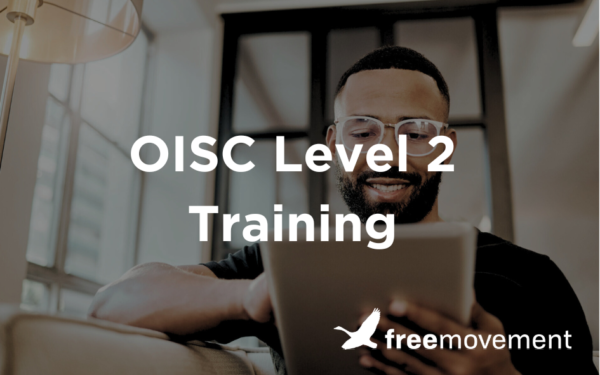Online small group tutored sessions now available. Two sessions per week for four weeks, with an expert tutor.
Book place now
https://www.youtube.com/watch?v=267uCDFlUaI
Our comprehensive online immigration law training course covers the OISC Level ...
Already a member? Login
Thanks for reading.
You've reached your article limit
A great deal of time and effort goes into producing the information on Free Movement, become a member of Free Movement to get unlimited access to all articles, and much, much more
Unlock Access
Take Free Movement Further
By becoming a member of Free Movement, you not only support the hard-work that goes into maintaining the website, but get access to premium features;
- Single login for personal use
- FREE downloads of Free Movement ebooks
- Access to all Free Movement blog content
- Access to all our online training materials
- Access to our busy forums
- Downloadable CPD certificates

